According to Decree 207/2025/ND-CP (effective from October 1, 2025) regulating childbirth using assisted reproductive techniques and surrogacy conditions for humanitarian purposes, assisted reproductive techniques are only performed for infertile couples or those with medical indications; and single women (not having a marital relationship as prescribed by law) who wish.
Photo: PHUONG AN CREATED BY GEMINI AI
Decree 207/2025/ND-CP also stipulates: The implementation of sperm donation, egg donation, and embryo donation in assisted reproductive technology must comply with the principle: donation can only be made at a facility licensed to store sperm, eggs, and embryos. Donated sperm, eggs, and embryos can only be used for one woman or one couple to have a child and must be performed on the principle of anonymity between the donor and the recipient.
Regarding the surrogacy procedure for humanitarian purposes, infertile couples need to submit a request for surrogacy to a medical facility licensed to perform this technique, including: a request for surrogacy for humanitarian purposes; confirmation from the People's Committee of the commune where the surrogate or the requesting party resides; or documents proving the relationship of the surrogate and the requesting party. Relatives of the wife or husband requesting surrogacy for humanitarian purposes include: full siblings, half siblings, half siblings; children of their uncles, aunts, paternal aunts, maternal aunts, and paternal aunts.
The surrogate mother must have documents proving that she has given birth, including one of the following documents: birth certificate or birth certificate of the surrogate mother; or confirmation from the People's Committee of the commune where the surrogate mother resides.
In vitro fertilization is the combination of egg and sperm in a test tube to form an embryo.
Artificial insemination is a method of introducing washed sperm into a woman's uterus to facilitate fertilization.
Infertility is a condition in which a couple, after one year of having sexual intercourse without using contraception, still cannot get pregnant; or the woman or man has a disability or medical condition that reduces the ability to have children.
(According to Decree 207/2025/ND-CP)
Source: https://thanhnien.vn/mang-thai-ho-nhung-thay-doi-quan-trong-tu-1102025-185250728202056351.htm



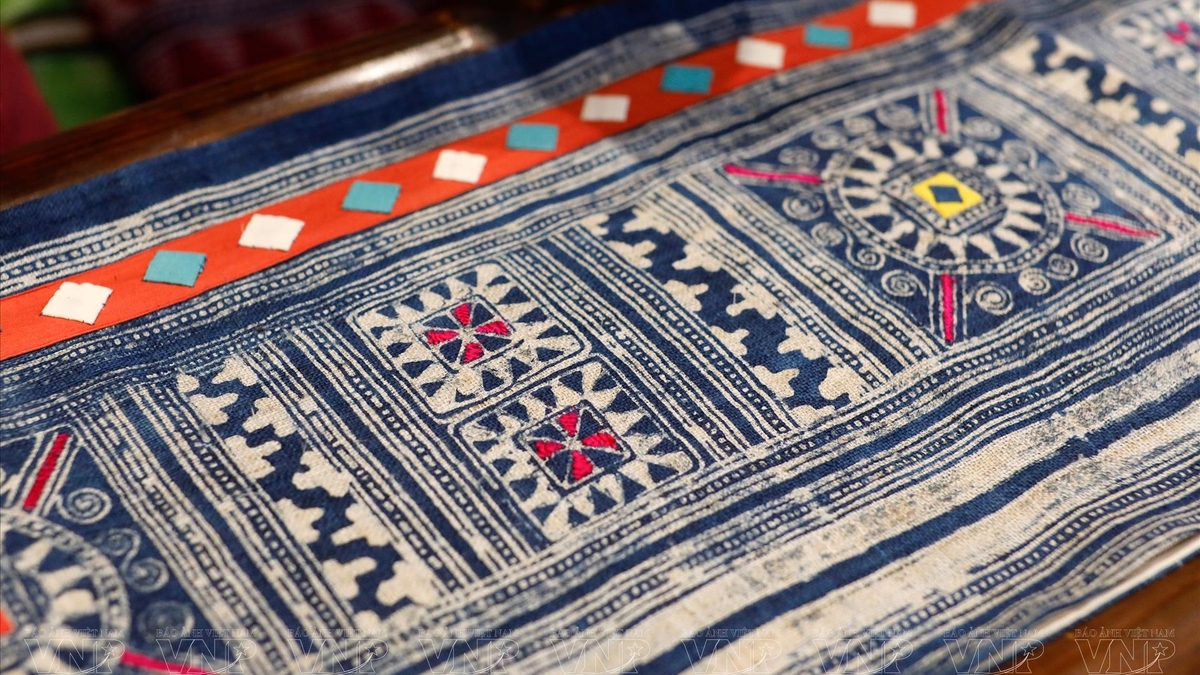
![[Photo] General Secretary To Lam receives Singaporean Ambassador Jaya Ratnam](https://vphoto.vietnam.vn/thumb/1200x675/vietnam/resource/IMAGE/2025/11/03/1762171461424_a1-bnd-5309-9100-jpg.webp)
![[Photo] Prime Minister Pham Minh Chinh receives the Chairman of the Japan-Vietnam Friendship Association in the Kansai region](https://vphoto.vietnam.vn/thumb/1200x675/vietnam/resource/IMAGE/2025/11/03/1762176259003_ndo_br_dsc-9224-jpg.webp)

![[Photo] Fall Fair 2025 and impressive records](https://vphoto.vietnam.vn/thumb/1200x675/vietnam/resource/IMAGE/2025/11/03/1762180761230_ndo_br_tk-hcmt-15-jpg.webp)
![[Photo] Lam Dong: Close-up of illegal lake with broken wall](https://vphoto.vietnam.vn/thumb/1200x675/vietnam/resource/IMAGE/2025/11/03/1762166057849_a5018a8dcbd5478b1ec4-jpg.webp)


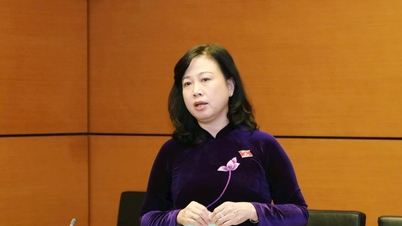


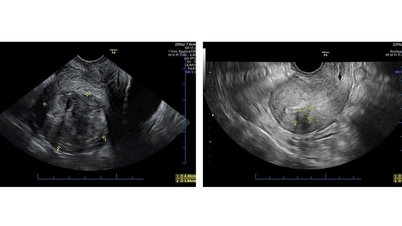
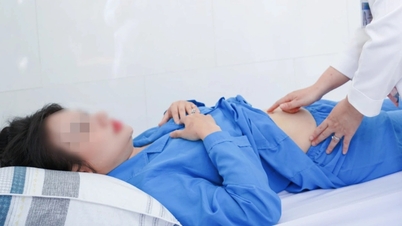

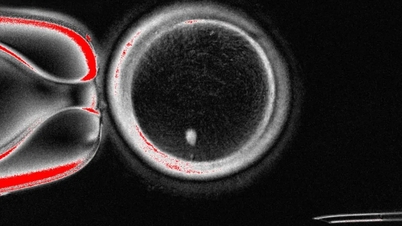







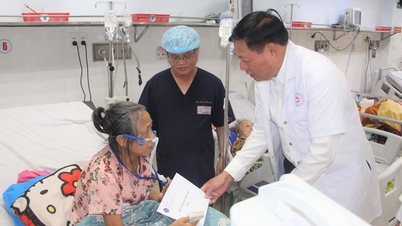








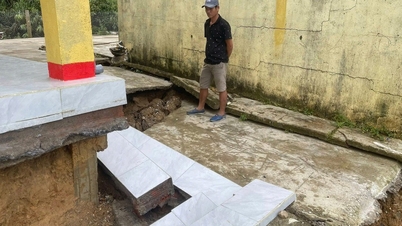






































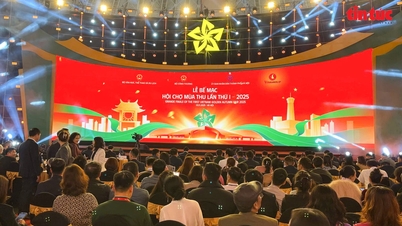




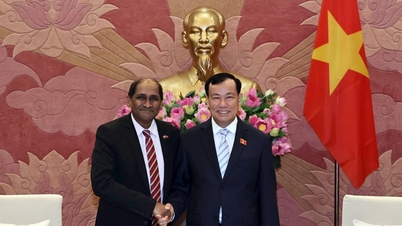
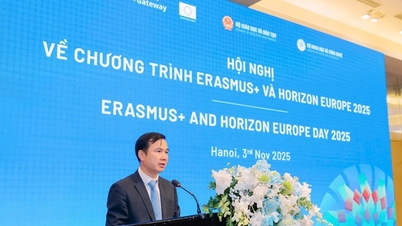



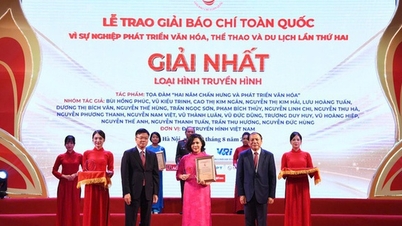


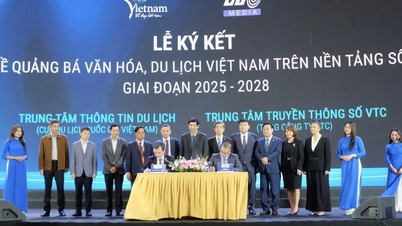



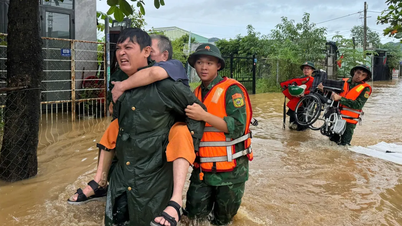




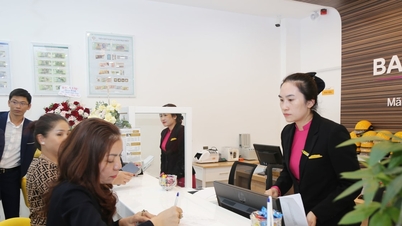
















Comment (0)